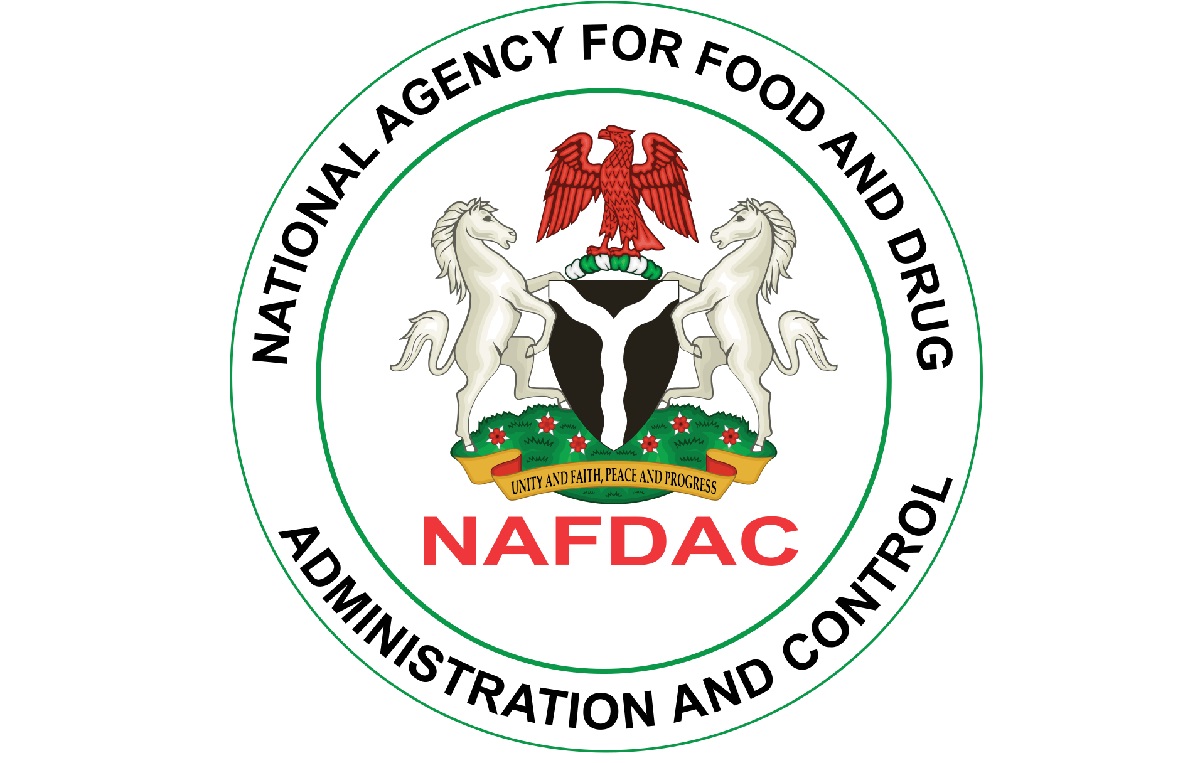NAFDAC debunks alleged presence of mercury in vaccines
The National Agency for Food and Drug Administration and Control (NAFDAC) yesterday debunked claims that children in Nigeria were being administered a vaccine that contains 40 percent mercury and prescribed by a foreign organisation. NAFDAC Director-General, Prof. Mojisola Christianah Adeyeye, in a statement, said mercury is a metal, and is not used as an […]

The National Agency for Food and Drug Administration and Control (NAFDAC)
The National Agency for Food and Drug Administration and Control (NAFDAC) yesterday debunked claims that children in Nigeria were being administered a vaccine that contains 40 percent mercury and prescribed by a foreign organisation.
NAFDAC Director-General, Prof. Mojisola Christianah Adeyeye, in a statement, said mercury is a metal, and is not used as an element or as a component of vaccines.
- CBN has my backing for redesigning naira notes – Buhari
- Medicaid Foundation, NCS set up N50m fund for patients, scientific research
She noted that the basic components of vaccines are antigens, adjuvants to improve immune response, antibiotics to prevent contamination during manufacturing, preservatives and stabilizers.
She said: “Thimerosal, a mercuric compound which is a preservative used in multi dose vaccines, contains a different form of mercury called ethyl mercury.
“As a vaccine preservative, thimerosal is used in concentrations of 0.003% to 0.01%, (for example, thimerosal content allowed in vaccine is between 30 parts to maximum of 100 parts out of million parts of the vaccine formula).
“Thimerosal is a mercury-based preservative that has been used for decades in the United States in multi-dose vials (vials containing more than one dose) of medicines and vaccines.”
According to her, there is no evidence of harm caused by the low doses of thimerosal in vaccines, except for minor reactions like redness and swelling at the injection site.
She said however, in July 1999, the Public Health Service agencies, the American Academy of Pediatrics and vaccine manufacturers agreed that thimerosal be reduced or eliminated in vaccines as a precautionary measure.
She said Nigeria still received some multi dose vaccines containing thimerosal but at accepted concentration.
She, however, said the World Health Organisation had not proscribed the use of thimerosal as an inactivating agent and preservative in vaccines as “there is lack of evidence that thimerosal presents risk to human health.”
